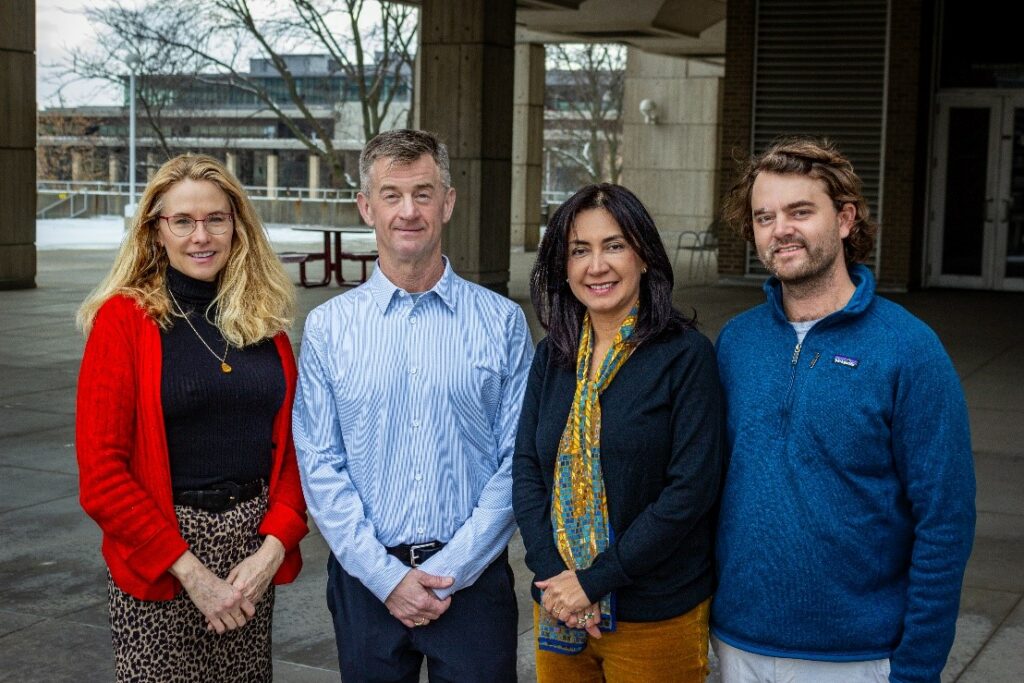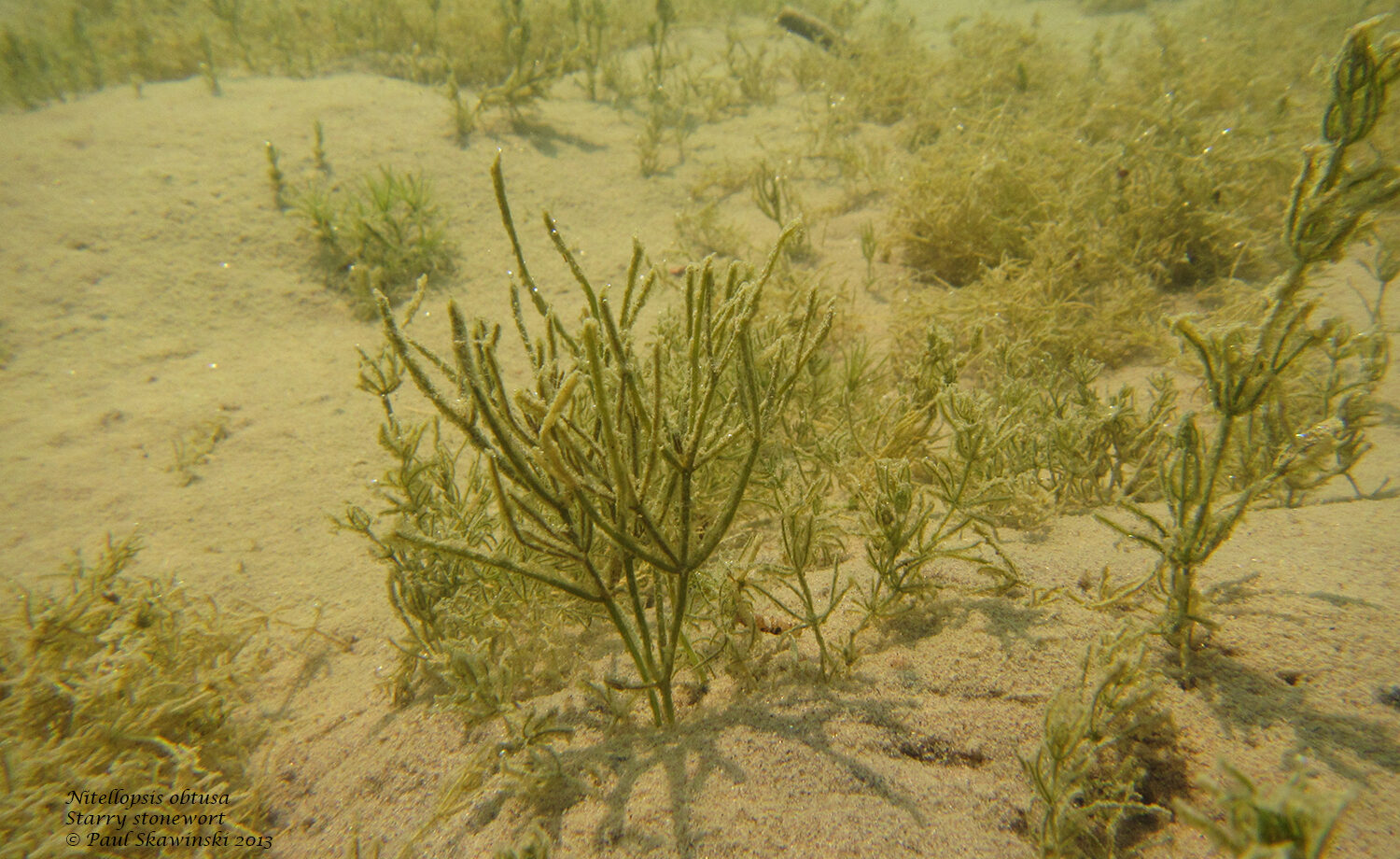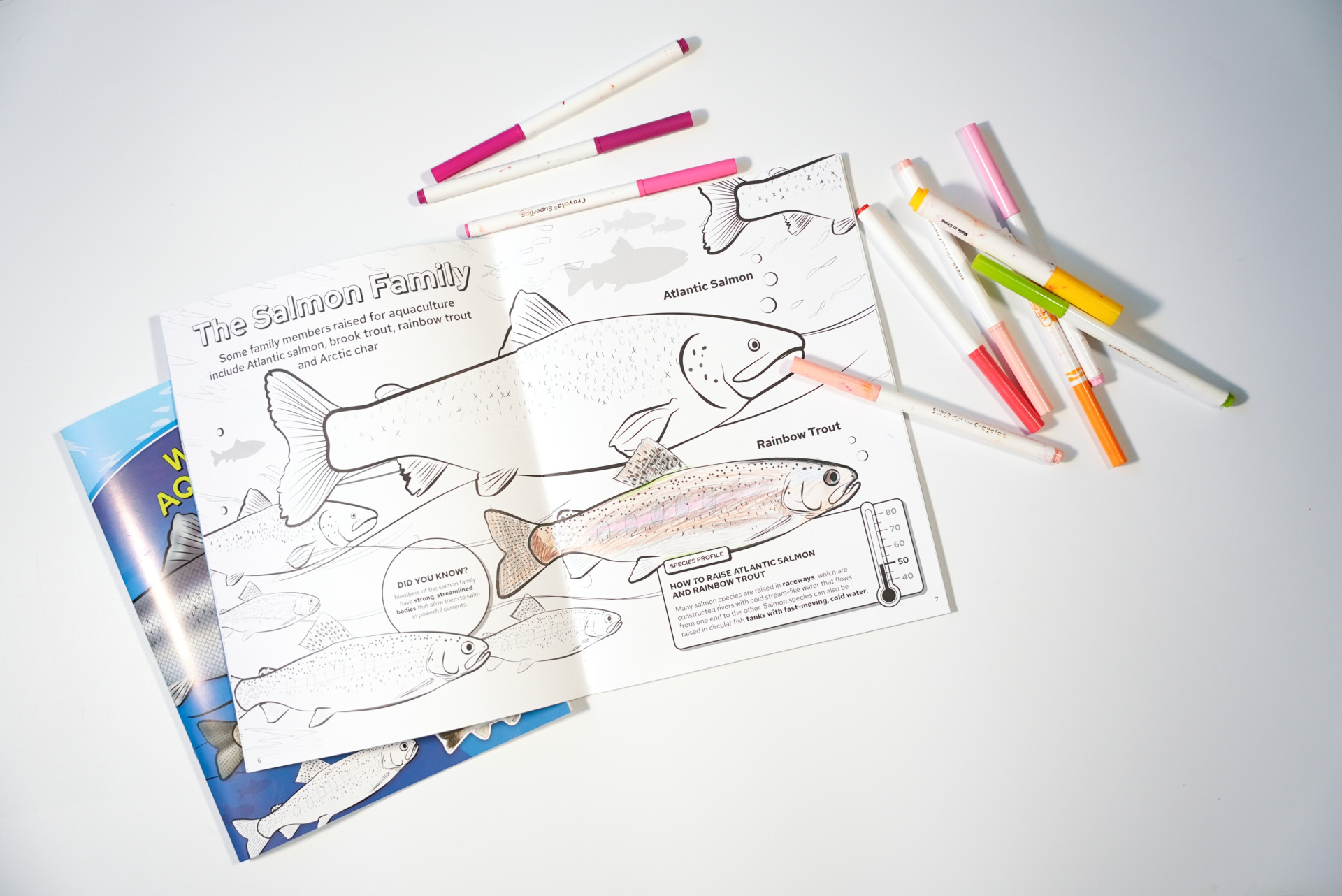
The PFAS research team: Lyn van Swol, Bret Shaw, Cristina Carvajal, Gavin Dehnert. Image credit: Hannah Hein of University of Wisconsin-Madison
A team from the University of Wisconsin-Madison received a grant from Illinois-Indiana Sea Grant to study PFAS (per- and polyfluoroalkyl substances) messaging to water users in Wisconsin with a special focus on Latinos, since they are the largest and fastest-growing minority group in the state.
PFAS, sometimes called “forever” chemicals, are found in various products and can contaminate drinking water. High levels of PFAS have been linked to health risks, such as increased cholesterol levels, decreased vaccine response, risk of thyroid disease, lower birth weights and reduced fertility in women. However, health risks at lower levels are uncertain. Communicating these risks effectively to increase understanding, avoid undue fear and provide recommendations for behaviors people can do to reduce risks is crucial to the 70% of Wisconsinites who depend on municipal water supplies.
“The Wisconsin Department of Natural Resources now requires monitoring for PFAS in municipal water supplies and reporting when any are detected at over 70 parts per trillion,” said Lyn van Swol, principal investigator and a professor with UW-Madison’s Department of Communication Arts. “Given these new requirements and uncertainty about the health effects of PFAS, particularly at lower levels, public health educators are struggling with how to communicate with the public about the presence of PFAS in their municipal water supplies.”
Van Swol and the grant team will work to develop effective communication strategies about PFAS risks, focusing on engaging messages that encourage actions such as using water filtration systems. They will do this in three parts. First, they will gather data on people’s internet searches related to PFAS information. Second, they will test specific messages with municipal water users, and finally, test which messages engage social media audiences.
They will share their results via webinars, news releases and collaborations with Spanish-speaking media. The team will also develop resources for environmental and health communication professionals designed to enhance public understanding and proactive response to PFAS exposure in their communities.
The grant team is comprised of van Swol and Bret Shaw, professor with the Department of Life Sciences Communication and an environmental communication specialist with UW-Division of Extension; Gavin Dehnert, emerging contaminant scientist with Wisconsin Sea Grant; and Cristina Carvajal of Wisconsin Eco-Latinos.
Other partners include UW-Madison Extension, the Wisconsin Department of Health Services, the Wisconsin Department of Natural Resources, Public Health Madison & Dane County and the UniverCity Alliance.
The study is part of a larger project coordinated by Illinois-Indiana Sea Grant that addresses PFAS knowledge gaps in the Great Lakes region.





